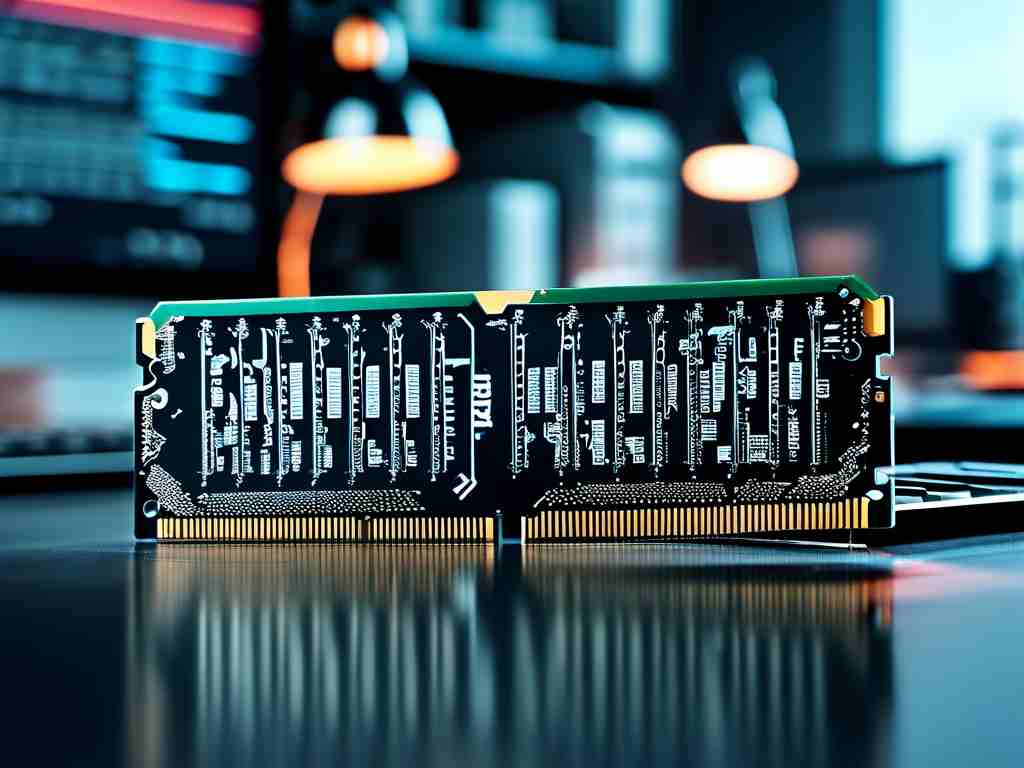Point cloud memory computing represents a cutting-edge fusion of technologies that is rapidly transforming industries like autonomous vehicles, robotics, and augmented reality. For job seekers, this field offers a wealth of career paths, driven by the growing demand for real-time data processing and analysis. Point clouds, which are collections of data points in 3D space generated from sensors like LiDAR, require massive computational power to handle efficiently. Memory computing, where data is processed directly in RAM rather than slower storage, accelerates this by enabling faster insights and decision-making. As businesses increasingly rely on these innovations for applications such as self-driving cars or smart city planning, the employment landscape in this niche is expanding at an unprecedented rate.

One of the most promising career directions in point cloud memory computing is software development. Professionals here design and optimize algorithms to process point cloud data in real-time, using tools like Python libraries or C++ frameworks. For instance, roles might involve creating custom solutions for in-memory databases that handle terabytes of 3D data, ensuring low-latency responses critical for safety-critical systems. This requires strong coding skills in languages such as Python or Java, and familiarity with platforms like Apache Spark for distributed computing. Employers, including tech giants and startups, seek developers who can innovate in areas like reducing memory footprints while maintaining accuracy. With the rise of edge computing, where devices process data locally to avoid cloud delays, these jobs are becoming more prevalent in sectors like manufacturing or healthcare, offering salaries often exceeding $100,000 annually due to the specialized expertise needed.
Another key employment avenue lies in data science and analysis. Experts in this role focus on extracting meaningful patterns from point cloud datasets, applying machine learning models to predict trends or anomalies. For example, in the autonomous vehicle industry, data scientists might use in-memory techniques to quickly analyze sensor data for obstacle detection, improving navigation systems. This career path demands proficiency in statistical tools like R or TensorFlow, as well as an understanding of spatial data structures. Opportunities abound in research institutions, automotive firms, and even entertainment companies developing immersive VR experiences. The skill set here is highly transferable, with certifications in AI or big data analytics enhancing employability. As industries push for smarter, data-driven decisions, the demand for these roles is projected to grow by over 20% in the next decade, making it a stable and rewarding choice.
Hardware engineering also presents robust career options within point cloud memory computing. Engineers design and build the physical components, such as specialized GPUs or memory modules, that enable efficient in-memory processing of 3D data. In practical terms, this could involve optimizing hardware for data centers handling point clouds from drones in agriculture, where speed is crucial for crop monitoring. Key skills include knowledge of computer architecture, FPGA programming, and energy-efficient design to minimize power consumption. Companies like NVIDIA or startups in the IoT space actively recruit for these positions, often offering roles in innovation labs focused on next-gen tech. The field's evolution toward quantum computing integration adds a futuristic edge, ensuring long-term job security and opportunities for advancement through continuous learning.
Beyond these core areas, emerging roles in project management and consulting are gaining traction. Managers oversee teams implementing point cloud memory solutions, ensuring projects meet deadlines and budgets while adhering to regulations like data privacy laws. Consultants, on the other hand, advise businesses on adopting these technologies, identifying cost-saving strategies or integration challenges. For instance, a consultant might help a retail chain use point cloud data for in-store analytics via in-memory systems to enhance customer experiences. Soft skills like communication and problem-solving are vital here, complementing technical knowledge. As global adoption increases, certifications in cloud computing or agile methodologies can boost prospects, with entry-level positions often starting at $70,000 and rising with experience.
To succeed in this dynamic field, aspiring professionals should focus on building a versatile skill set through education and hands-on experience. Pursuing degrees in computer science or engineering provides a solid foundation, while online courses in specific tools like PCL (Point Cloud Library) or in-memory databases offer practical insights. Networking at industry conferences or contributing to open-source projects can also open doors, as real-world problem-solving is highly valued. Ultimately, the employment direction in point cloud memory computing is not just about technical prowess but adaptability to evolving tech landscapes. With innovations accelerating, careers here promise not only financial rewards but also the chance to shape future technologies, making it an exciting and sustainable choice for job hunters worldwide.









